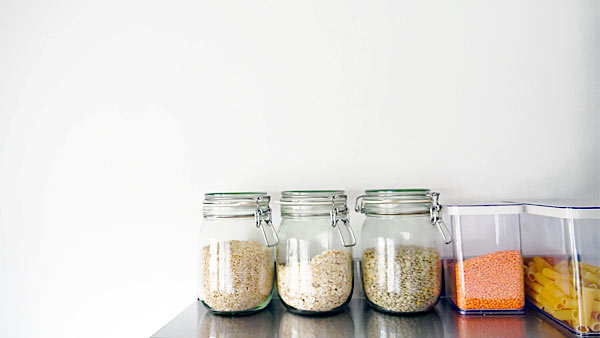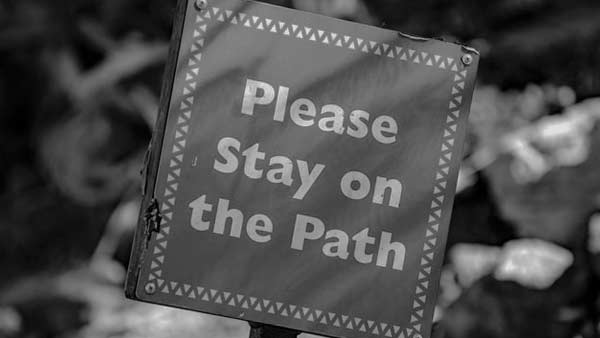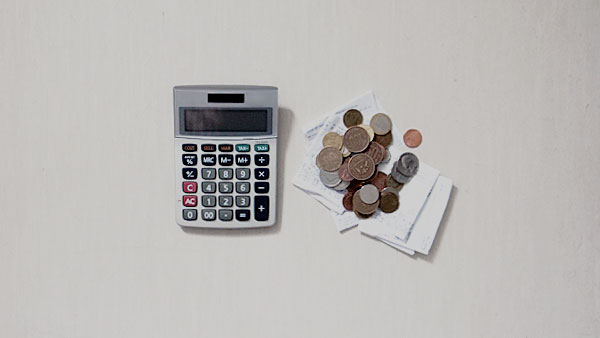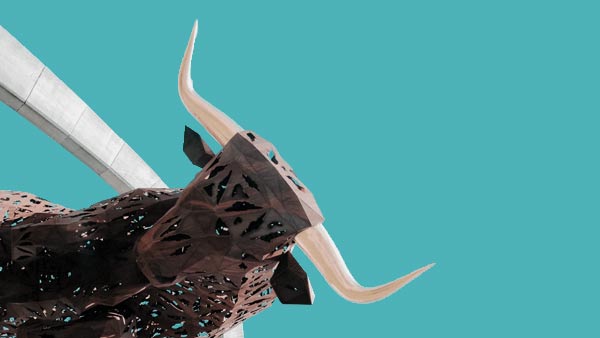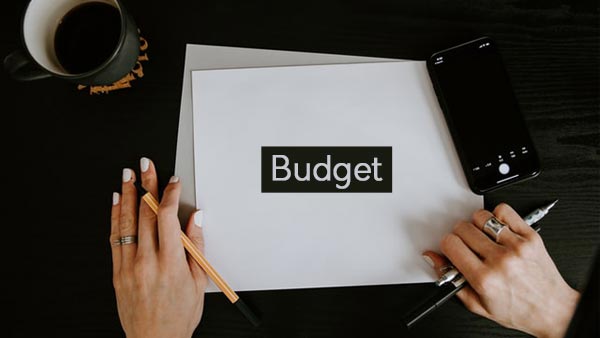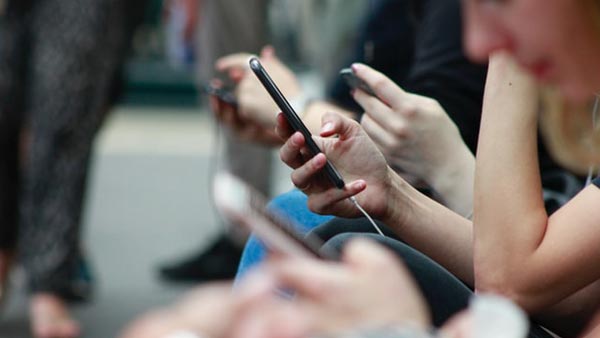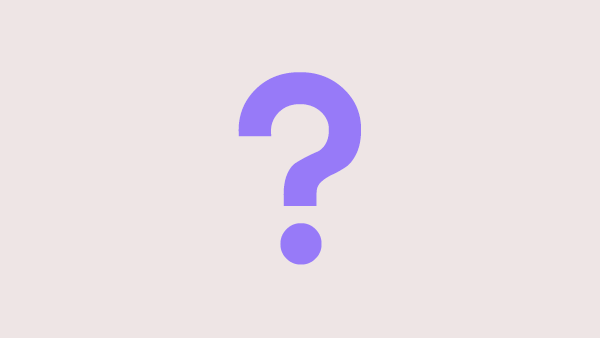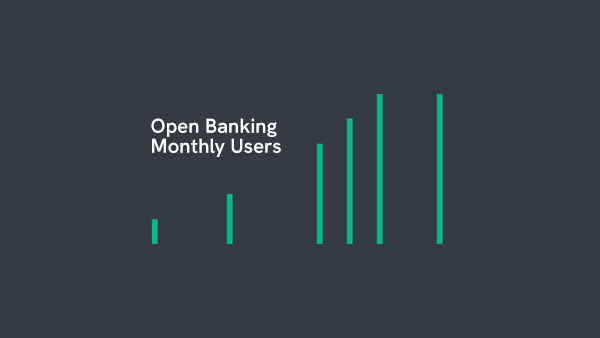Over the past few years, decluttering has become a big thing. Marie Kondo has become a household name. Plus, there are hundreds of minimalist YouTube channels advising you on how to live a simpler lifestyle (although they all seem to be trying to sell you something at the same time, which seems rather contradictory). Newspapers run articles on downsizing, the tiny house movement, opting out of excessive consumerism and loads of other related topics.
I was completely unaware of all of this, until I became one of the many people whose partner became interested in the topic. My initial reaction was mainly confusion as to why I suddenly had to fold my underwear and socks in a different way.
Put an end to your hoarding
I have always been a bit of a hoarder if I am honest. As part of our recent decluttering process I went through several boxes of paper that I had been lugging around with me for several house moves. I am ashamed to say, that amongst the 20 or so bags of shredded paper I threw in the recycling bins, there were bank statements and phone bills from the 1990s!
Even though I most definitely needed to declutter, I was initially a skeptic towards the decluttering process. Nevertheless, whilst I am still now not a total true believer, I do appreciate that the process has provided some benefits.
It is definitely nice to have a cleaner and less hectic living space. Finding something quicker than usual without cursing and rising blood pressure is also an added benefit. However, to me, the most valuable element of the process was seeing a window being opened on to my purchases and spending. Whilst going through various boxes in the cellar, shelves, drawers and wardrobes all packed with stuff I not looked at in who knows how long, I discovered masses of items that, not only had I forgotten I had them, but I also forgot that I bought them and why!
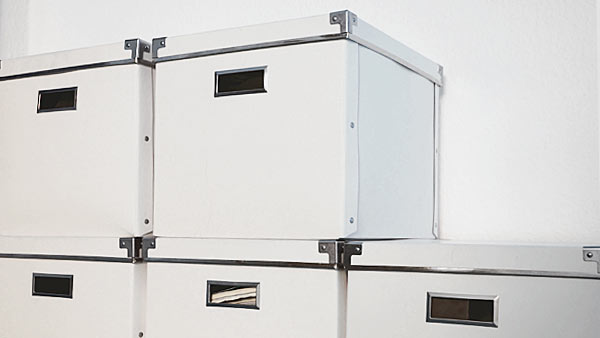
Find out what you have (to avoid buying it twice!)
For instance, I found at least 5 to 10 different international plug adaptors. I used to travel a lot for work, and would need a plug adaptor. Now, I cannot remember buying 5 or 10 of them. I assume I must have simply bought one, returned from the trip, put it in a drawer and forgot about it. Before the next trip I simply bought another one, and then repeated the process another few times. What a crazy waste of money!
Also, leads, power adaptors, connectors. Dozens of them! Many with no specific indication on what device they actually belong to, whether they work or any particular use for them.
With clothing, I actually found things that still had the tags on. Pairs of perfectly good trousers, never worn for some reason, forgotten in a drawer. I have definitely been out and bought things that I already had in that area.
The terrifying thing is that, like so many other people these days, I also have a space in a storage facility. Its full of…well actually I have no idea! I haven’t worked up the courage to declutter that yet, but I am positive I will find the same thing; things I don’t need and will never use, or things that I forgot I had, which leads to the danger of buying them again. Not just that, I expect that I don’t even need the storage space. Another waste of money.
So easy to buy and forget
It’s so easy to spend money nowadays. Just a few clicks and then it’s done, and a couple of days later a box is delivered (usually way too big for the item it contains!). Whether it is fast fashion or cheap Chinese goods, we spend and then forget, and not even realise until the mountains of unused stuff in boxes threatens to overtake our houses!
I don’t think I am quite ready to become a decluttering evangelist just yet. However, I can certainly recommend the process. I found that it allowed me to see the things I already have so that I can then use that to inform any future purchases. Plus, I feel a lot more organised. This gives me peace.
Also, and more importantly, I opened a window into my buying and spending, and it gave me pause. Now when I think about buying something, I also wonder whether that item will quickly end up at the bottom of a box somewhere. Unused and forgotten. That small element of doubt and reflection can really make the difference in your spending.

